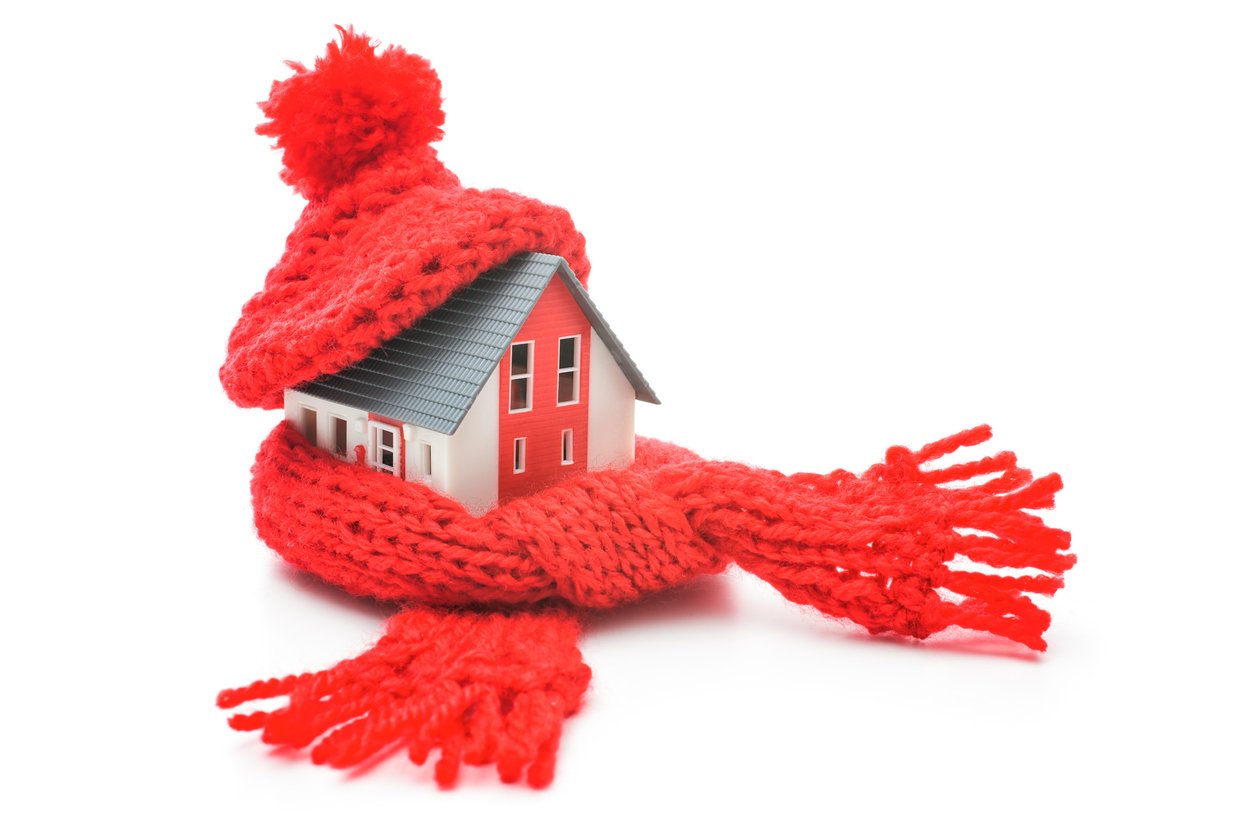You might think air quality is better when the weather is colder. It would seem that warm air encourages pollution, but that's not so, say the experts. It turns out that various factors are at play to make cold air more polluted than warmer air. Let's see what they are and what that means for your breathing when you're outside. Cold, polluted air can also have an effect on your indoor air quality.
Why Cold Air Is More Polluted
It has to do with the fact that cold air sinks and warm air rises. Cold air is denser, with less space between the molecules of air. When there is a plunge in temperature, warm air is forced to pass over a blanket of cold air. This cold air keeps a cap on the environment, and pollutants can't escape and disperse.
Being denser than warm air, this cold blanket of air moves slowly. Thus, cold air traps pollution and keeps it in place. In fact, it keeps it in place much longer than in the summer.
Most efforts in this country to reduce air pollution have been focused on the summer. Smog is actually a greater concern in our bigger cities during winter.
Rainfall can also have an effect on pollution. When it rains, the pollution is washed away; after a summer storm, the air is nice and clean. In the winter, the same thing can happen, but it tends to rain less in the wintertime.
In the wintertime, we also leave our vehicles running for longer periods so they can warm up. This adds to pollution, as does the greater use of HVAC equipment, both residential and commercial.
What's more, in the home, we tend to keep doors and windows closed in the winter. This allows airborne pollutants to build up until the home's air quality is very poor. The only way to improve it if you can't open windows or doors is to install some type of ventilation.
Want to know more about how temperature affects air quality? Contact Air Assurance, serving Broken Arrow and the surrounding area.


